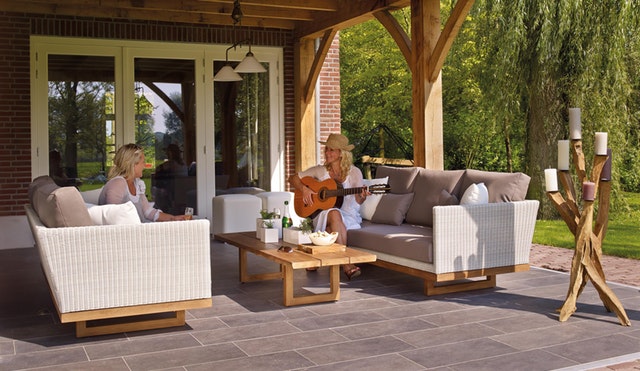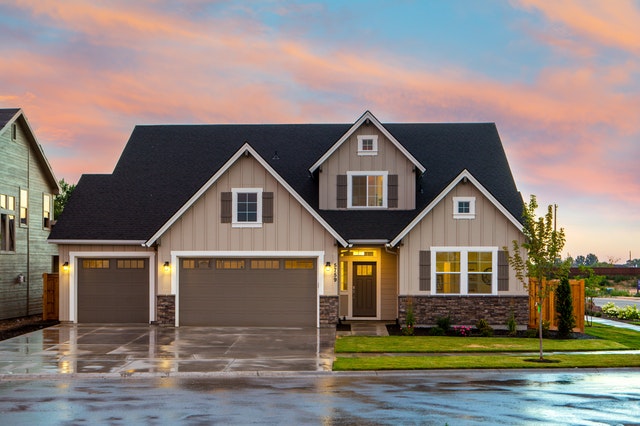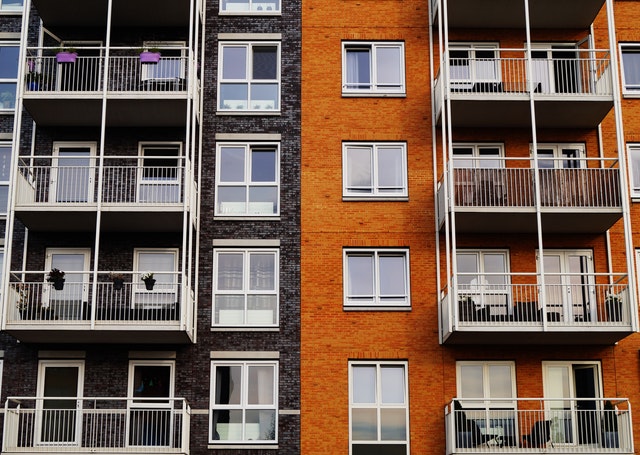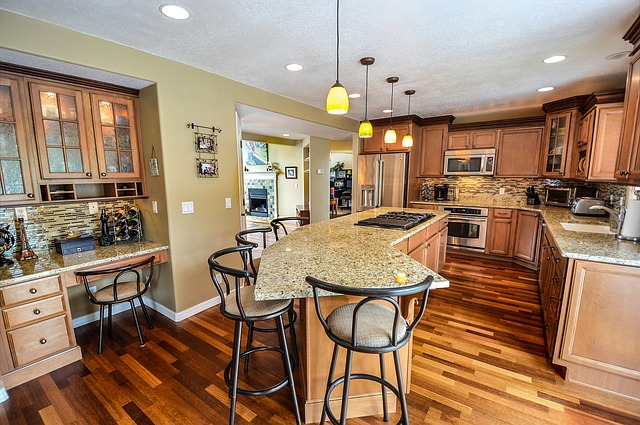3 Pros And Cons Of Renting Or Owning A Home
 Home ownership is highly valued in our culture. However, buying a home isn’t the best decision for everyone. Examine the differences between owning and renting your home to help you decide if now is the time to buy.
Home ownership is highly valued in our culture. However, buying a home isn’t the best decision for everyone. Examine the differences between owning and renting your home to help you decide if now is the time to buy.
Effect On Flexibility
Renters enjoy more freedom than homeowners. After the leasing period ends, renters are free to walk away and find a new place to live. Homeowners, on the other hand, are at the mercy of the market. Depending on the conditions, owners might have a hard time selling their property quickly. It also takes a lot more paperwork to sell a home than it does to end a lease.
Those who don’t have plans to stay settled for at least a few years might be better off renting their homes. If circumstances suddenly change, they have more options than heavily-invested homeowners.
Financial Concerns
Home equity is a huge perk of ownership. A home equity line of credit gives homeowners a source of quick cash for emergencies or to take advantage of investment opportunities. These loans come with friendly options that make them ideal funding for a variety of situations.
It’s a myth that renting is more expensive than owning without taking home value appreciation into account. When monthly expenses are compared side-by-side, owners invest more of their income into their living space than renters.
Beyond monthly mortgage payments, homeowners are responsible for insurance, property taxes, and utilities like garbage and water that are generally included in rental prices. In addition, homeowners bear the full cost of maintenance and repairs.
Owning a home can be a safeguard against harsh financial circumstances and give the opportunity for the appreciation of home value. However, for those who are currently cash-strapped, renting may be the more wallet-friendly choice.
Your Lifestyle
When things go wrong, renters can rely on their landlord or management company to coordinate and facilitate repairs. Homeowners, however, are solely responsible for handling the condition of their property. Besides the financial costs, it can take hours of research and dirty work to preserve your residential property.
If you enjoy handiwork, the chores associated with home ownership aren’t such a big deal. For the more technically challenged, however, taking care of a home could become a hassle.
Be honest about your abilities, interests, and resources before you commit to a home purchase.
If you are considering a new home purchase, be sure to contact your trusted home mortgage professional to find out about your financing options and to get pre-approved.

 The right home renovation strategy can increase property values and improve the comfort and utility of your space. However, your actions could have a harsh impact on our natural resources.
The right home renovation strategy can increase property values and improve the comfort and utility of your space. However, your actions could have a harsh impact on our natural resources. Home price indices issued by S&P Case-Shiller showed further slowing in home price growth in January. The national home price index showed 4.30 percent home price growth for the three months ended in January. Analysts expected home prices to grow 4.20 percent for the same period in cities surveyed by Case-Shiller. More cities reported declines in home prices than those that posted gains in home prices.
Home price indices issued by S&P Case-Shiller showed further slowing in home price growth in January. The national home price index showed 4.30 percent home price growth for the three months ended in January. Analysts expected home prices to grow 4.20 percent for the same period in cities surveyed by Case-Shiller. More cities reported declines in home prices than those that posted gains in home prices. Real estate isn’t a one-size-fits-all pursuit. Buying and renting multi-unit properties is one of the ways investors build residual income while increasing their property portfolios. However, multi-unit rentals come with some unique challenges. Are you ready to manage a multi-unit rental property?
Real estate isn’t a one-size-fits-all pursuit. Buying and renting multi-unit properties is one of the ways investors build residual income while increasing their property portfolios. However, multi-unit rentals come with some unique challenges. Are you ready to manage a multi-unit rental property? Your home is likely your largest investment. Beyond repairs and regular maintenance to keep it clean, comfortable, and safe, there are a number of projects that can increase the resale value of your property. These renovations top the list of changes you can make that positively impact your home’s value.
Your home is likely your largest investment. Beyond repairs and regular maintenance to keep it clean, comfortable, and safe, there are a number of projects that can increase the resale value of your property. These renovations top the list of changes you can make that positively impact your home’s value.